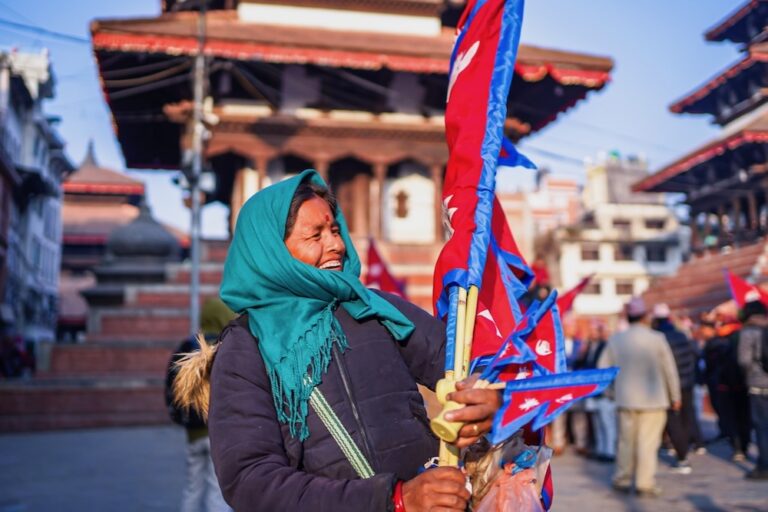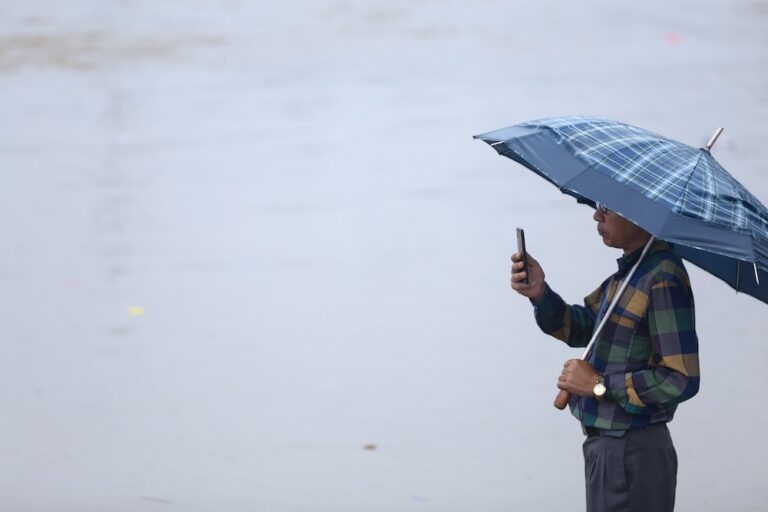(CEHURDES/IFEX) – On 24 October 2003, security forces arrested journalist Yogesh Rawal in Tikapur, Kailali district. A reporter for the daily “Rajdhani”, Rawal was arrested, along with 22 local soccer players, by officers of the Armed Police Force (APF) based in Ugratara. The soccer players were celebrating a victory in a local hotel. The APF […]
(CEHURDES/IFEX) – On 24 October 2003, security forces arrested journalist Yogesh Rawal in Tikapur, Kailali district. A reporter for the daily “Rajdhani”, Rawal was arrested, along with 22 local soccer players, by officers of the Armed Police Force (APF) based in Ugratara. The soccer players were celebrating a victory in a local hotel. The APF released all of the soccer players after approximately one hour.
According to Rawal’s father, Khamba Singh Rawal, the police raided his house on 25 October and confiscated two human rights books. Rawal is the secretary of a local Amnesty International group and a member of the Federation of Nepalese Journalists (FNJ) in Kailali.
In separate cases, on 24 October, the Lamjung district local administration released Nawaraj Pahadi and Chandra Kant Paudel, journalists for the local weekly “Antarang”. The two journalists had been in detention for one month. Ram Hari Chaulagain, a journalist associated with the weekly “Sanghu”, was also released on 24 October by the Kavre district local administration. Chaulagain was arrested in Naya Baneswar, Kathmandu, by security forces on 29 August.
CEHURDES condemns Rawal’s arrest and urges the authorities to disclose the whereabouts of all journalists who have been arrested and immediately release them. The organisation also calls upon the authorities to respect freedom of expression and the fundamental rights of citizens.
BACKGROUND:
On 27 August, after three rounds of talks, Maoist rebels broke a seven-month ceasefire declared on 29 January, following the king’s assumption of executive power on 4 October 2002. According to the Communist Party of Nepal (CPN-Maoist), they broke off the dialogue because the government did not seem serious about addressing their primary political demand of a constituent assembly election to draft a new constitution. The government declared the CPN-Maoist rebels to be “terrorists” on 28 August and relieved negotiators of their duties on 29 August.
On 2 September, the government issued “prohibition” orders in parts of Kathmandu valley. All rallies, gatherings and sit-ins, as well as the writing and distribution of pamphlets, were banned from 2 to 23 September. On 23 September, the ban was extended until 26 September. The order prohibited gatherings of five or more people in public places, except for religious or customary purposes.
On 26 November 2001, CPN-Maoist rebels broke a ceasefire under similar circumstances after three rounds of talks. The government declared them to be “terrorists” and imposed a state of emergency.
CPN-Maoist rebels have been waging a “people’s war” since February 1996 to abolish the monarchy and establish a republican state. More than 7,000 people have been killed by the security forces and Maoist rebels.


